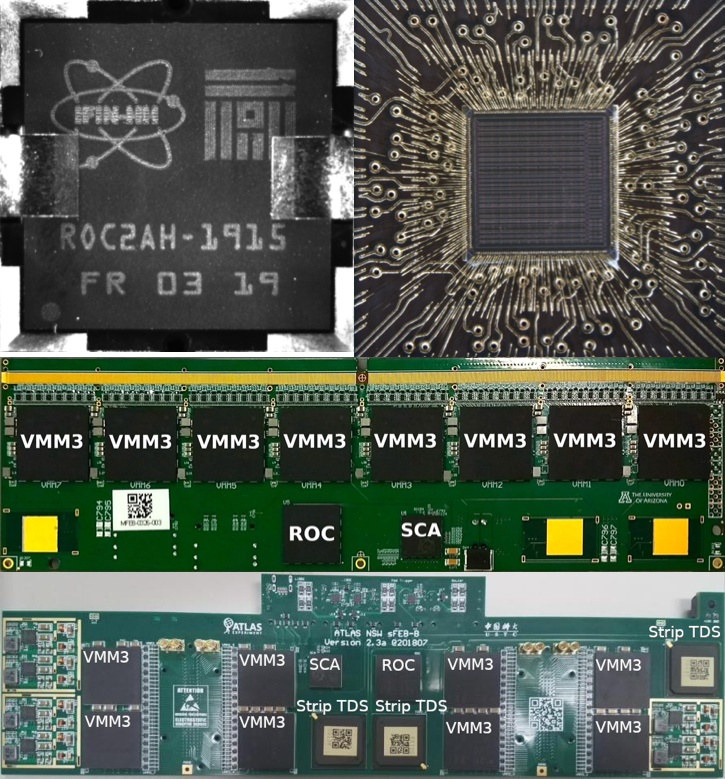UNITBV contribution to the world’s largest particle physics experiment
The doctoral thesis written and defended by a researcher of Transilvania University is among the 6 theses awarded at ATLAS Thesis Awards 2021. Ștefan Popa’s thesis, entitled “The Read-Out Controller ASIC for the ATLAS Experiment at LHC”, convinced the committee of the ATLAS experiment at the world’s biggest and most powerful particle accelerator - LHC - in Geneva. Ștefan Popa is a graduate of the Faculty of Electrical Engineering and Computer Science and is currently a research assistant at the C13 Research Centre (Intelligent Electronic Systems) within the Research-Development Institute of Transilvania University in Brașov.
On 24 February 2022, the ATLAS Thesis Awards for 2021 took place during the ATLAS Week event. Every year, CERN - the European Organization for Nuclear Research in Geneva awards a series of prizes to the best doctoral theses in physics, electronics and computer science for outstanding achievements and contributions to the ATLAS experiment at the world’s biggest and most powerful circular particle accelerator - LHC.
Last year, six theses out of the 36 nominations were selected, with a view to being awarded. Among the awarded theses, coming from prestigious universities all over the world, such as the Sorbonne and Paris-Saclay, there is also a thesis written and defended within Transilvania University of Braşov. This is Ștefan Popa’s thesis, “The Read-Out Controller ASIC for the ATLAS Experiment at LHC”. The topic of the thesis focused on both the ROC (Read Out Controller) integrated circuit and its mass testing system, the integrated circuit being produced in over 6,000 units. Of these, approximately 4,900 pieces have been integrated and installed in the New Small Wheel data acquisition system of the ATLAS detector, where they will operate for 10 years, under nuclear radiation conditions, for the acquisition of experimental data.
The ROC integrated circuit was manufactured in 130 nm IBM CMOS technology at a silicon foundry in California, USA, and encapsulated in a BGA capsule in Grenoble, France, being tested by Stefan Popa under nuclear radiation conditions at Demokritos Institute in Athens, Greece.
The integrated circuit, which bears the logo of Transilvania University of Brașov, is an important contribution, not only of our university as a collaborating institute for the ATLAS Experiment at LHC, but also of Romania as a member country of CERN. The integrated circuit is an achievement of the national project entitled “ATLAS experiment at LHC” coordinated by Horia Hulubei National Institute for R&D in Physics and Nuclear Engineering in Măgurele. Images with the New Small Wheel system can be seen in the articles here: https://atlas.cern/updates/news/NSW-complete and here: https://atlas.cern/updates/news/NSW-final-slice
The ATLAS experiment is a collaboration involving more than 5,500 researchers from more than 180 institutions around the world. Of these, over 1000 students are involved in detector development, data acquisition and analysis.
The ATLAS thesis awards are selected annually by a dedicated committee to recognize outstanding contributions in this field.



